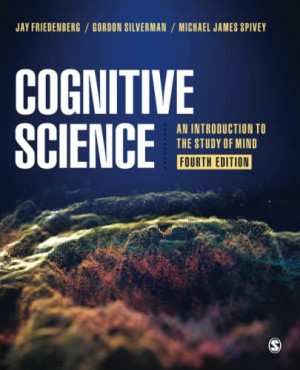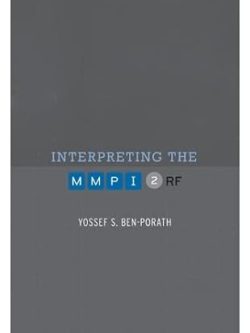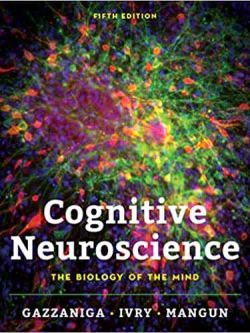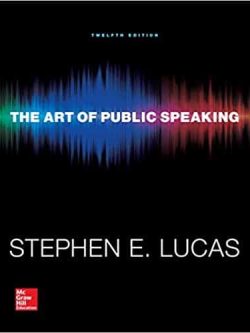Specifications
| book-author | Jay Friedenberg ; Gordon Silverman ; Michael James Spivey |
|---|---|
| file-type | |
| isbn10 | 1544380151 |
| isbn13 | 9781544380155 |
| language | English |
| publisher | SAGE Publications |
Book Description
“Cognitive Science: An Introduction to the Study of Mind, 4th Edition” by Jay Friedenberg, Gordon Silverman, and Michael James Spivey provides a comprehensive overview of the interdisciplinary field of cognitive science, exploring various aspects of the human mind and its underlying processes. Here's an outline of the key topics covered in this edition:
- Introduction to Cognitive Science: The book begins with an introduction to the field of cognitive science, discussing its history, scope, and interdisciplinary nature. It covers the foundational principles and methodologies used to study the mind.
- Cognitive Psychology: This section explores the principles of cognitive psychology, including perception, attention, memory, language, problem-solving, and decision-making. It examines the cognitive processes involved in information processing and behavior.
- Artificial Intelligence: The book delves into artificial intelligence (AI) and its role in modeling human cognition. It covers topics such as symbolic AI, connectionist models, machine learning, natural language processing, and robotics.
- Neuroscience: This section examines the neuroscientific basis of cognition, exploring topics such as brain structure and function, neural networks, neurotransmitters, brain imaging techniques, and the relationship between brain activity and behavior.
- Philosophy of Mind: The book discusses the philosophical implications of cognitive science, including debates about the nature of consciousness, the mind-body problem, free will, identity, and the relationship between mind and brain.
- Linguistics: This section explores the cognitive processes underlying language acquisition, production, and comprehension. It covers topics such as phonetics, syntax, semantics, pragmatics, language development, and the neural basis of language.
- Cognitive Anthropology and Cultural Psychology: The book examines the cultural dimensions of cognition, exploring how culture shapes cognitive processes and behaviors. It covers topics such as cultural variations in perception, categorization, memory, and reasoning.
- Cognitive Development: This section explores cognitive development across the lifespan, from infancy to old age. It covers topics such as Piagetian stages of development, cognitive milestones, theories of cognitive development, and the influence of genetics and environment on cognition.
- Cognitive Science Applications: The book discusses practical applications of cognitive science in various fields, including education, human-computer interaction, clinical psychology, artificial intelligence, and cognitive neuroscience.
- Emerging Trends in Cognitive Science: The book concludes by examining emerging trends and future directions in cognitive science. It explores topics such as embodied cognition, distributed cognition, social cognition, artificial consciousness, and the ethical implications of cognitive science research.
“Cognitive Science: An Introduction to the Study of Mind, 4th Edition” serves as an essential resource for students, researchers, and practitioners interested in understanding the complexities of the human mind from an interdisciplinary perspective. With its accessible writing style, illustrative examples, and comprehensive coverage of key topics, this edition provides readers with a solid foundation in cognitive science and its applications in contemporary society.













Reviews
There are no reviews yet.